Are you curious about trying a new type of exercise? Have you considered the magic of Pilates yet? Since it first broke out on the scene, it has become one of the most popular activities in the world. So, why not try it out? Let’s answer the question “what is Pilates” and figure out if trying it out might work for you.
What Is Pilates?
It is a type of exercise where you perform repetitive movements in order to improve your flexibility and strength.
It was named for its inventor, Joseph Pilates, who developed the plan in the 1920s. It’s become extremely popular in recent years, because of its many benefits.
You can do it using certain machinery, or with resistance bands and other less costly or burdensome equipment. Pilates incorporates breathing into its exercises, which can make it easier to scale up over time.
Some people may feel intimidated by it since so many people do it and the classes can be popular, but it’s actually much easier to get into than you might think.
Pilates is a lower impact form of exercise, which means it’s well-suited to people with joint issues or other physical problems that prevent them from putting too much pressure on certain parts of their body.
Pilates is a form of exercise that helps you work out your whole body, rather than a targeted workout.
What Are the Benefits of Pilates?
Are you wondering why you should consider trying Pilates over other forms of exercise?
Well, Pilates has a wide range of specific physical and mental health benefits that you’ll certainly appreciate, which gives it an advantage over similar exercise routines such as Yoga.
If you’re worried about flexibility, Pilates can help you improve. And, if you think you might be becoming a bit of a hunchback, pilates is a great move. Pilates can help improve your posture over time. If you’re feeling tired, pilates is a great way to boost your energy levels.
Like other forms of exercise, Pilates can improve your mental health, lessen anxiety, and help fight sleeping issues like insomnia. Pilates can help you reduce both physical and emotional stress, which can further help contribute to better mental health.
If you’re looking specifically to gain core strength, Pilates is the perfect exercise for your needs. For people who actively play sports or do other fitness activities,
It can boost your performance and make it easier to play for longer periods of time. It can also help reduce some forms of chronic pain, including back pain, which makes it much easier for you to live your everyday life.
How Do I Start Pilates?
You may be nervous about starting your new fitness journey. But, you can always try out an introductory class to ease you into the process. Dipping your toe in and taking things slowly is a great way to find out what works for you in terms of exercise. Plus, it will stop you from over-extending yourself.
When you’re beginning a program, you may want to practice your moves at home. That’s a good way to make sure that you’re performing the moves properly, and can keep your stamina up between classes.
Like with any other exercise program, it’s important to stay positive and be patient when starting out. It can be hard to get in the swing of things at first, so keeping a regular schedule that fits into your other responsibilities can help you make sure that you don’t burn yourself out too early.
Make sure that you know what to expect when beginning a new class. A class usually lasts around 60 minutes. You can sign up for group lessons, private lessons, or semi-private lessons.
Some classes will use equipment such as reformers, barrels, Pilates balls, resistance bands, foam rollers, and more. So, make sure you’re prepared to use a lot of different equipment when you join a class.
Ideally, you should start out with basic mat classes before getting into the more complicated equipment-based classes, since those can feel overwhelming for beginners.
You may want to try out different Pilates classes until you find one that works for you. Some instructors or styles may be a better fit for you than others. That’s okay! It’s all about finding the right fitness path for your needs.
Different Positions
Knowing the basics of some positions can help you get off on the right foot, and answer the question, “should I take a Pilates class?”
Here are a few different positions that you can try out at home to look into:
- Leg circles
- Abdominal and pelvic curls
- Kneeling side plank
- Double and single leg kicks
- Donkey kick
- Single and double leg stretches
- Mountain climbers
- Lying leg or back extensions
- Scissor kicks
- Side bends
- Side twists
- Rollovers
These are all positions you can do with a mat, rather than requiring major equipment, so they should give you a good idea of what you’re getting into and help you decide whether or not Pilates classes are for you.
Try Out Pilates Today
It is a great form of exercise that has a lot of different benefits for many people. If you think Pilates might be a good fit for your lifestyle needs, make sure you look into a fitness center in your area to get started.
Are you curious about trying out Pilates or other forms of exercise? Do you have more questions? Contact us today for more information.

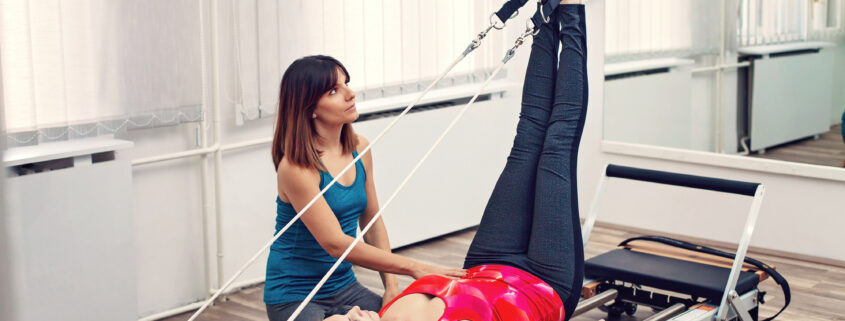



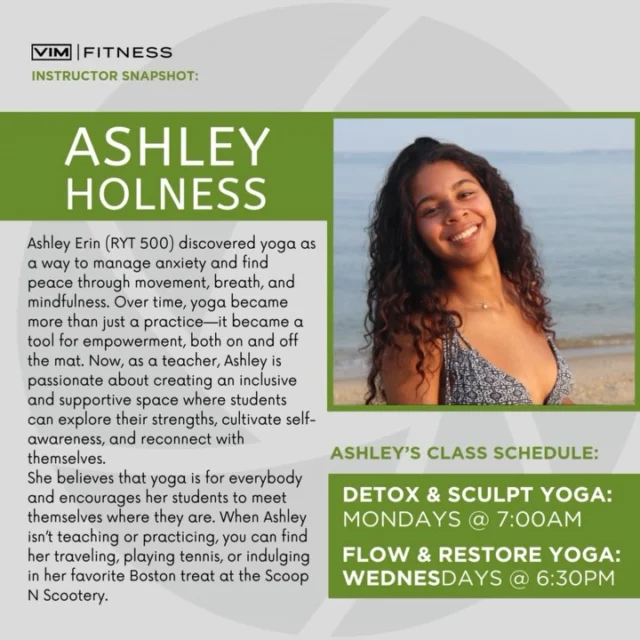
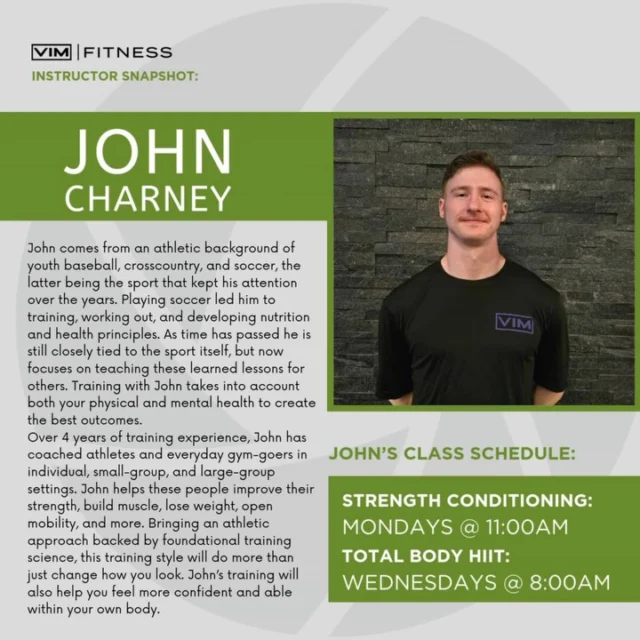
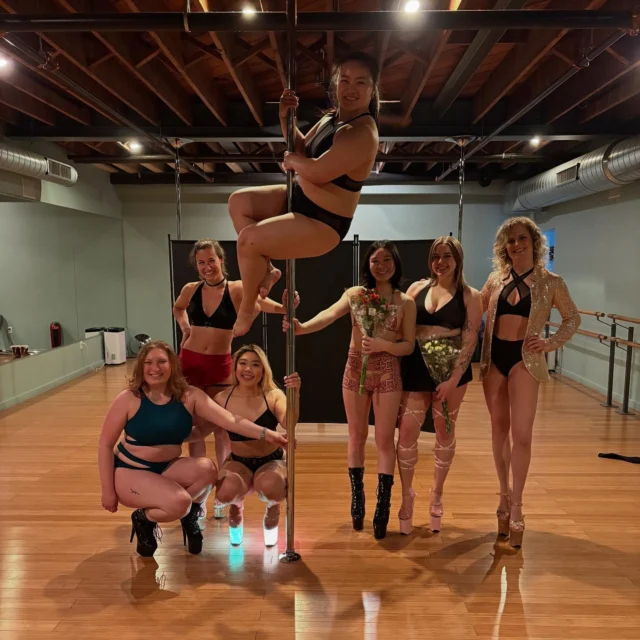
 NEW CLASS
NEW CLASS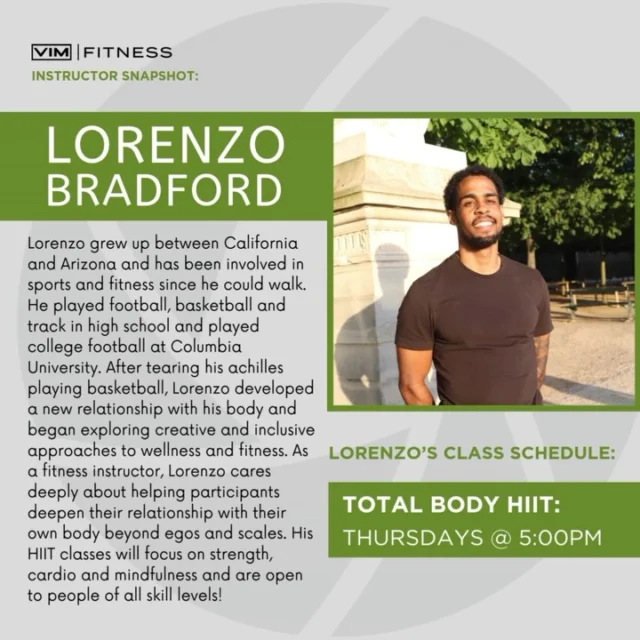
 Happy St. Patty’s Day
Happy St. Patty’s Day



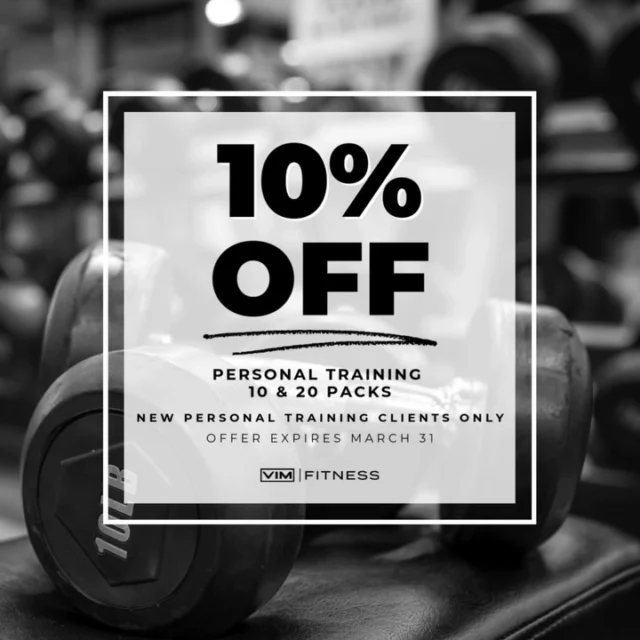
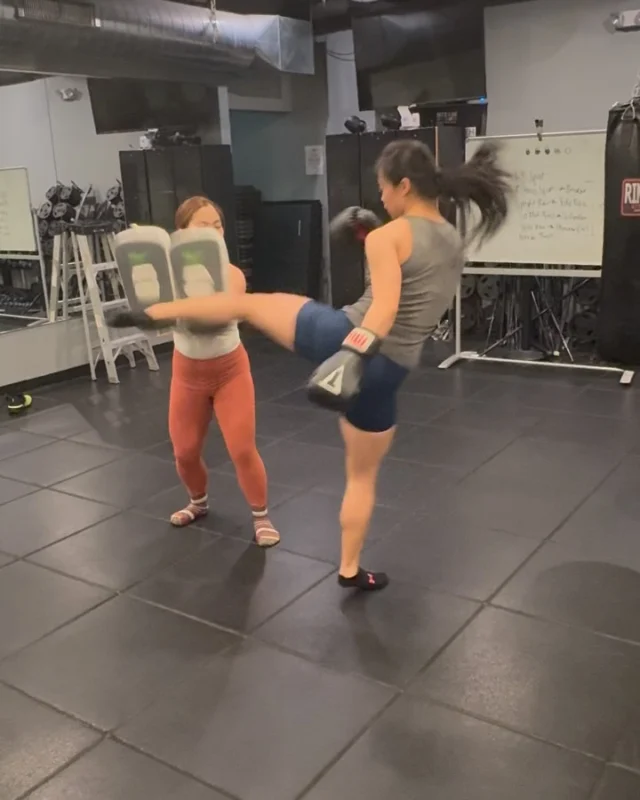
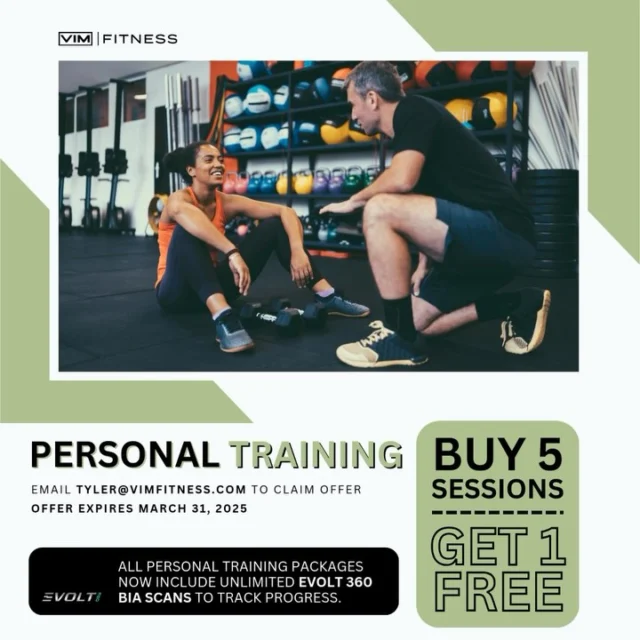
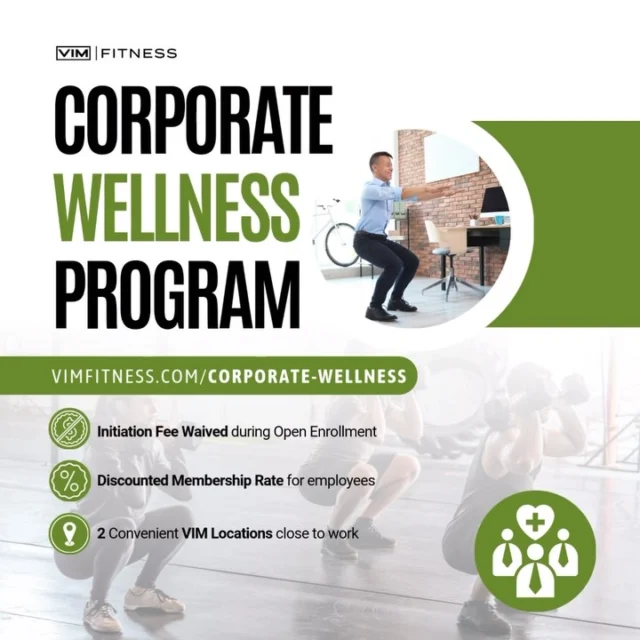
 WINTER
WINTER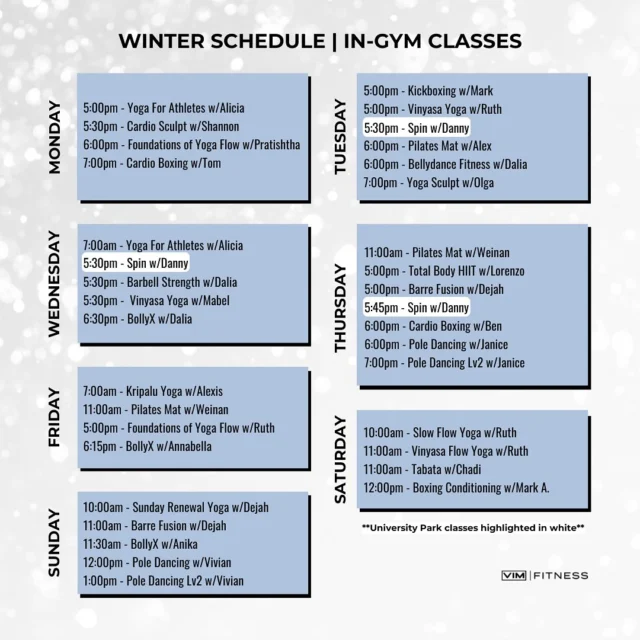
 Workouts and group fitness classes are bette
Workouts and group fitness classes are bette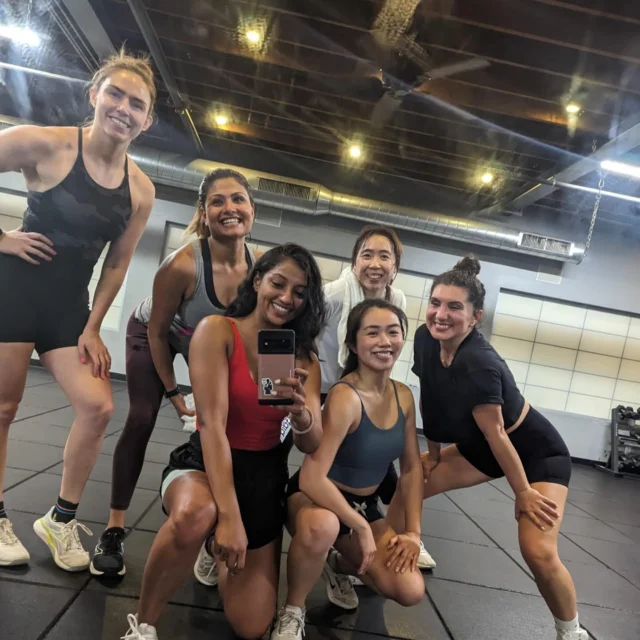


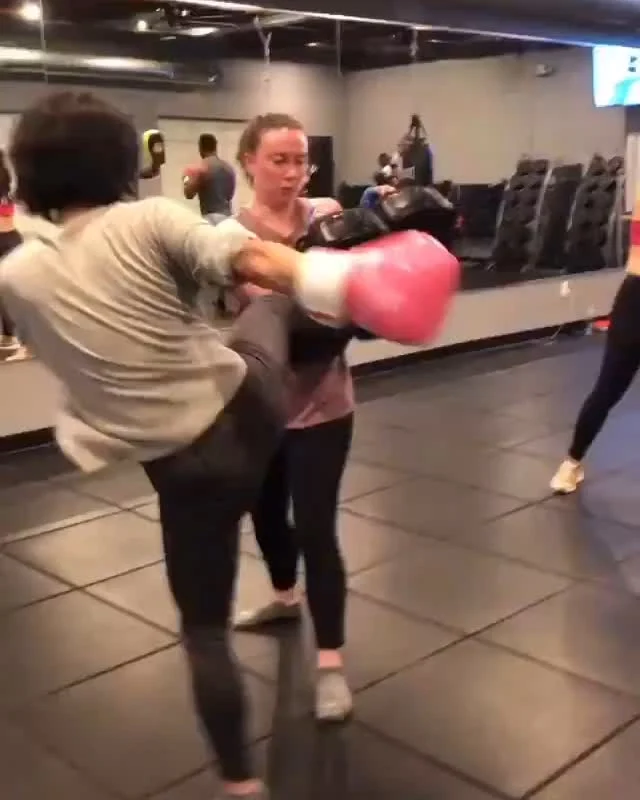
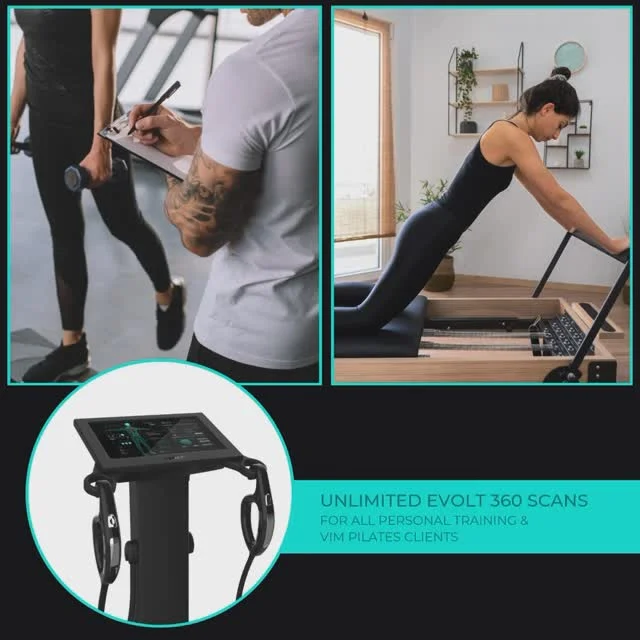
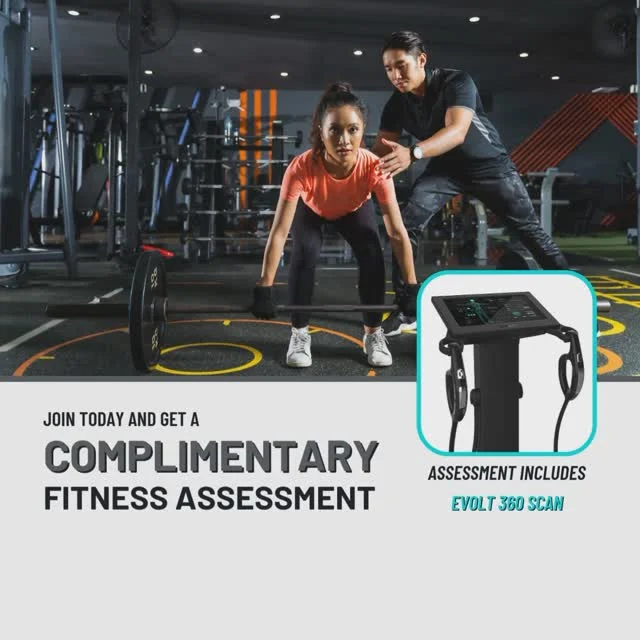
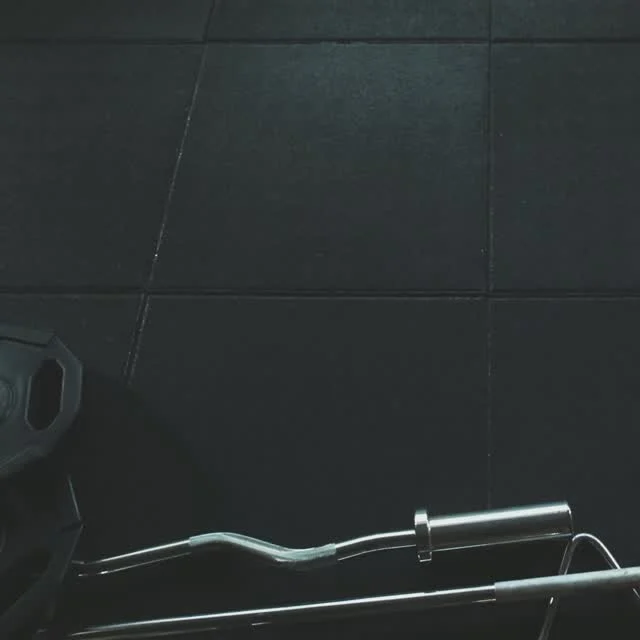
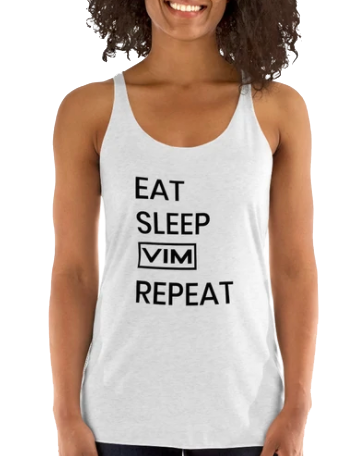


It’s interesting that you mention that doing Pilates can help lower your anxiety levels. I’ve been very anxious ever since my divorce last year, so I’m thinking about taking a Pilates class. I’m going to look for a reputable Pilates class in the area that I can attend.
Hi VIM Team,
I have a query if I do 20-30 minutes of pilates a few times a week, is it okay to get benefited. My other question is that Yoga and pilates are similar or which is more effective? If possible please publish a post on the difference between Yoga and Pilates.
Thanx for this contextual post.
The reason for my difficulty with exercise is a combination of reasons, so I really appreciate this information. Thanks for sharing these realistic and helpful tips.
The information you share gives me more knowledge. I am very grateful for that.Thanks for your nice suggestion.